 In a powerful demonstration of unity, I had the privilege to meet activists, politicians, and journalists at Parliament Square on the 27th of June to discuss UK drug policy reform. The event was the seventh mass lobby organised by Anyone’s Child – a network of families with lives devastated by the harms of prohibition.
In a powerful demonstration of unity, I had the privilege to meet activists, politicians, and journalists at Parliament Square on the 27th of June to discuss UK drug policy reform. The event was the seventh mass lobby organised by Anyone’s Child – a network of families with lives devastated by the harms of prohibition.
Thousands of lives lost to the drug war
While preparing for the event, 4,565 forget-me-nots were laid on college green, each representing a life lost to the so-called ‘drug war’ last year. We were reminded thousands more lives have been lost since, with overdoses and drug poisoning thriving in the unregulated drugs market.
“We know these deaths from the effects of illegal drugs are on the increase. Why can we not address the health crisis that this is and not just brush it under the carpet,” said Liz Roberts, the Plaid Cymru MP for Dwyfor Meirionnydd, during her speech at the event.
Anyone’s Child campaigners wore T-shirts saying things like “my brother,” or “my son,” denoting family members lost due to drugs. Claire Campell is one of these family members. She opened the event by speaking of her son Luke, who died shortly after taking ecstasy at a disco.
“He died 29 years after the Misuse of Drugs Act was passed,” she said. “I’m just a mom whose child died because every government since 1971, continues to deny that the act was wrong then, and continues to be so to this day.”
The failure of prohibition
In 1971, the Misuse of Drugs Act banned all psychoactive drugs with the aim of preventing harmful drug use. However, with a 7000% drug-related death increase since, it’s clear the act does not serve its purpose.
Such statistics have encouraged politicians to call for alternative drug strategies. In 2012, the UK Drugs Policy Commission found that 76% of current MPs agreed that making policy about illegal drugs should make more use of evidence and research than it currently does. The same study also found that 77% of current MPs disagreed that current policies effectively tackle the problems caused by illegal drugs.
However, over a decade later, drug criminalisation still defines UK law.
Child trafficking and increased organised crime violence
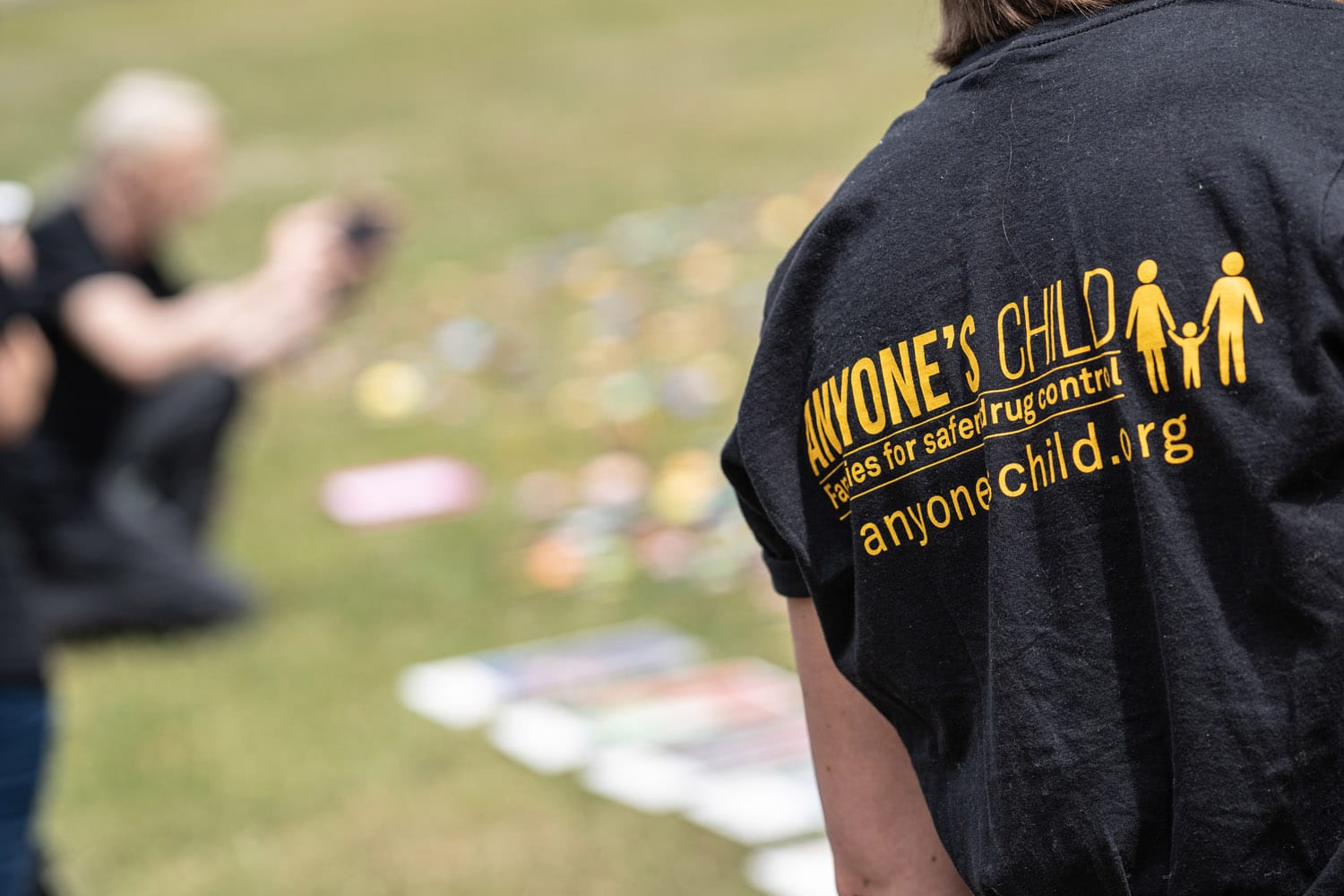 Fortunately, efforts to increase drug harm reduction are on the rise. On the coach to London from Bristol, I travelled with team members at Bristol Drugs Project, a charity providing harm reduction and treatment services for people who are experiencing a negative relationship with drugs and/or alcohol. Their goal is to support people towards the changes they want to see in their lives no matter what they may be.
Fortunately, efforts to increase drug harm reduction are on the rise. On the coach to London from Bristol, I travelled with team members at Bristol Drugs Project, a charity providing harm reduction and treatment services for people who are experiencing a negative relationship with drugs and/or alcohol. Their goal is to support people towards the changes they want to see in their lives no matter what they may be.
Yet poisoning and dependent drug use aren’t the only tragic consequences of prohibition. During his speech, former drugs detective Neil Woods raised the issue of child drug trafficking – the manipulation of young, often vulnerable children into dealing and manufacturing drugs by illegally-operating organised crime groups. “We now have 50,000 children in the UK on the front line, dealing heroin in crack cocaine,” said Woods. “This does not happen in Switzerland, it does not happen in the Netherlands, because in those countries, they have legal control of that drug.”
Woods is part of the Law Enforcement Action Partnership (LEAP UK) – a network of current and former criminal justice system professionals advocating for draw law reform. Like many in his organisation, Wood’s first-hand experience fighting the drug war led him to realise policing drugs causes more harm than good.
“The police have no evidence that their arrests and drug seizures protect anybody. In fact, to the contrary, the police have information that you do not. …. Policing drugs is not only causing harm. It’s increasing violence,” he said.
A beacon of hope
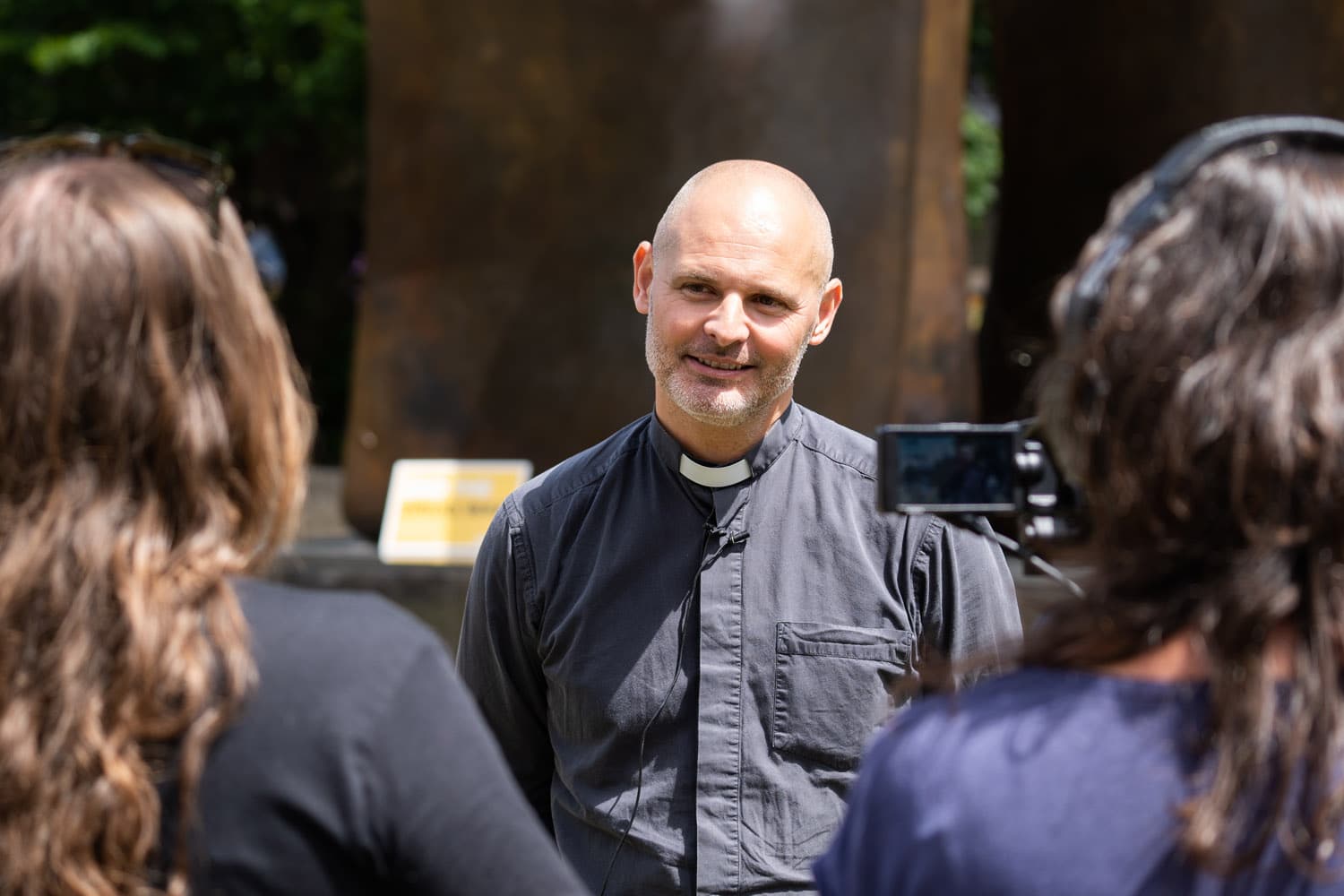
The gathering marked a beacon of hope despite being reminded of such dreadful facts. As Reverend Jon Canessa said during his speech, hope consists of “anger at the way things are” and “courage to see that they do not need to remain.”
I was particularly encouraged by a speech from Jeff Smith, the Labour MP for Manchester, Withington, who told us, “we can make progress.” Though he said there would be more campaigning and waiting, he seemed adamant for change to happen. Being in the lobby among a collective of people from all backgrounds, yet with a common and clear vision, I, too, now feel more optimistic about the future of UK drug policy.
We know from other countries that regulating drugs will stop crime and reduce harm. We know the Misuse of Drugs Act has failed us. But now it’s imperative more people join in these campaigns, such as Anyone’s Child, to increase power in numbers.”
“We have all the facts to change the law” was a repeating phrase sung by the Bristol Drugs Project choir at the event. The evidence is there. Now it’s on us to spread these facts and make sure those in government know the degree of travesty these outdated laws are causing.
*This blog was written by Martha Allitt


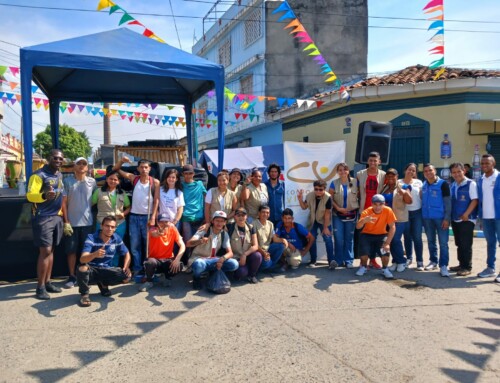
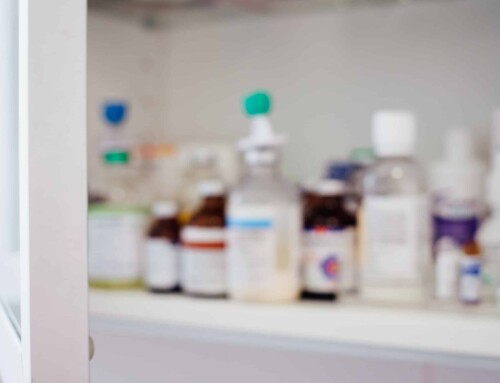
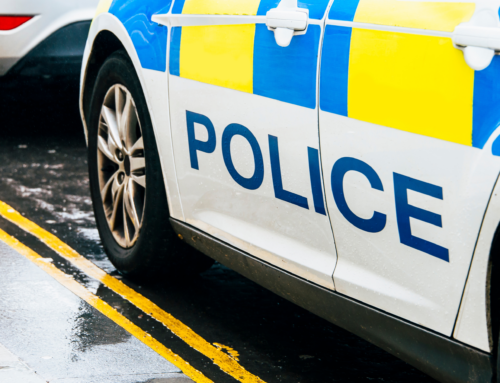
You cannot know how relieved I was to find this campaign. I cannot believe that it is taking so long to persuade our government that the situation is completely unacceptable, with our children being criminalised and killed wild. Those responsible for distributing drugs around the country are getting away with no punishment.
Please excuse any typos in my post. I am sight impaired and dictate all messages. The post above should read “… And killed while those who are responsible…”